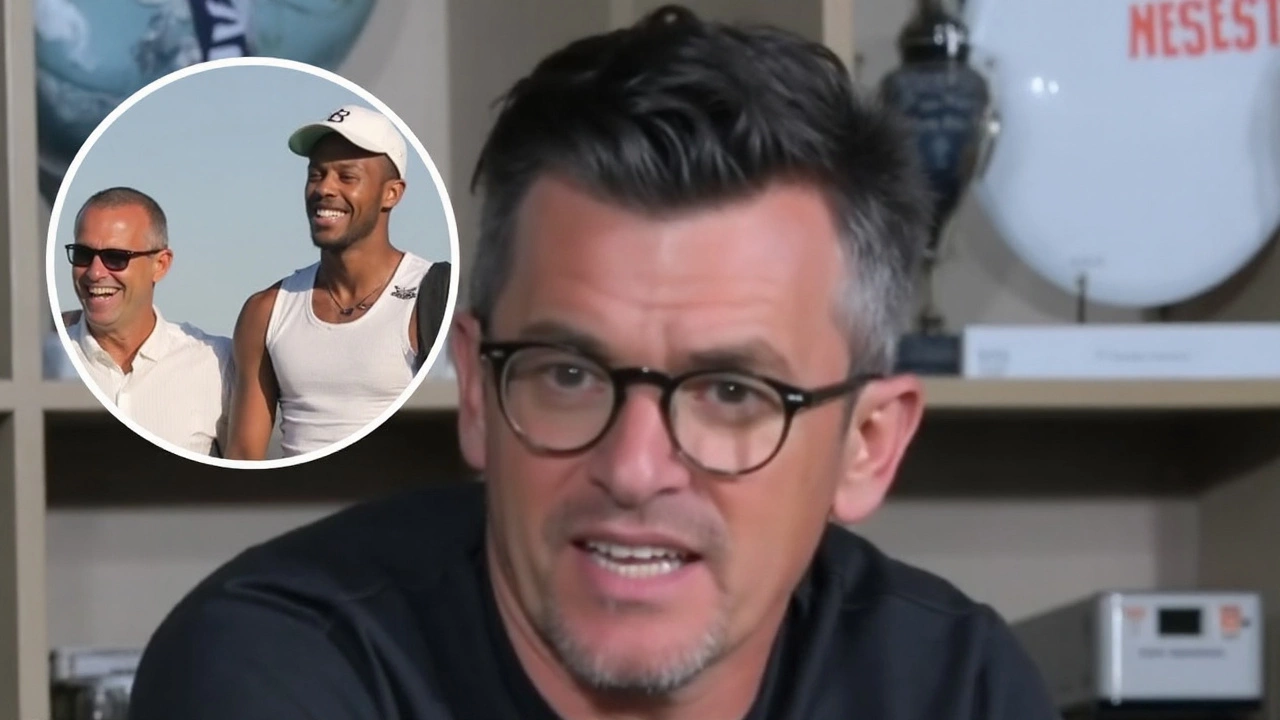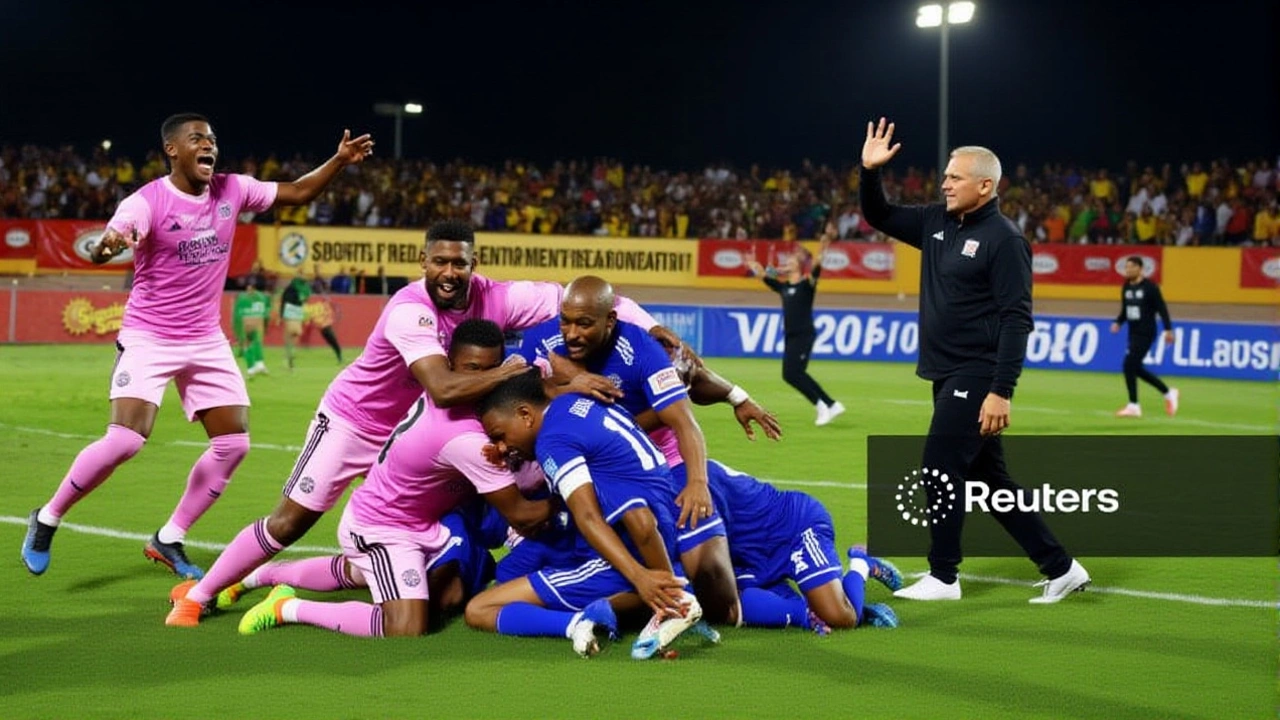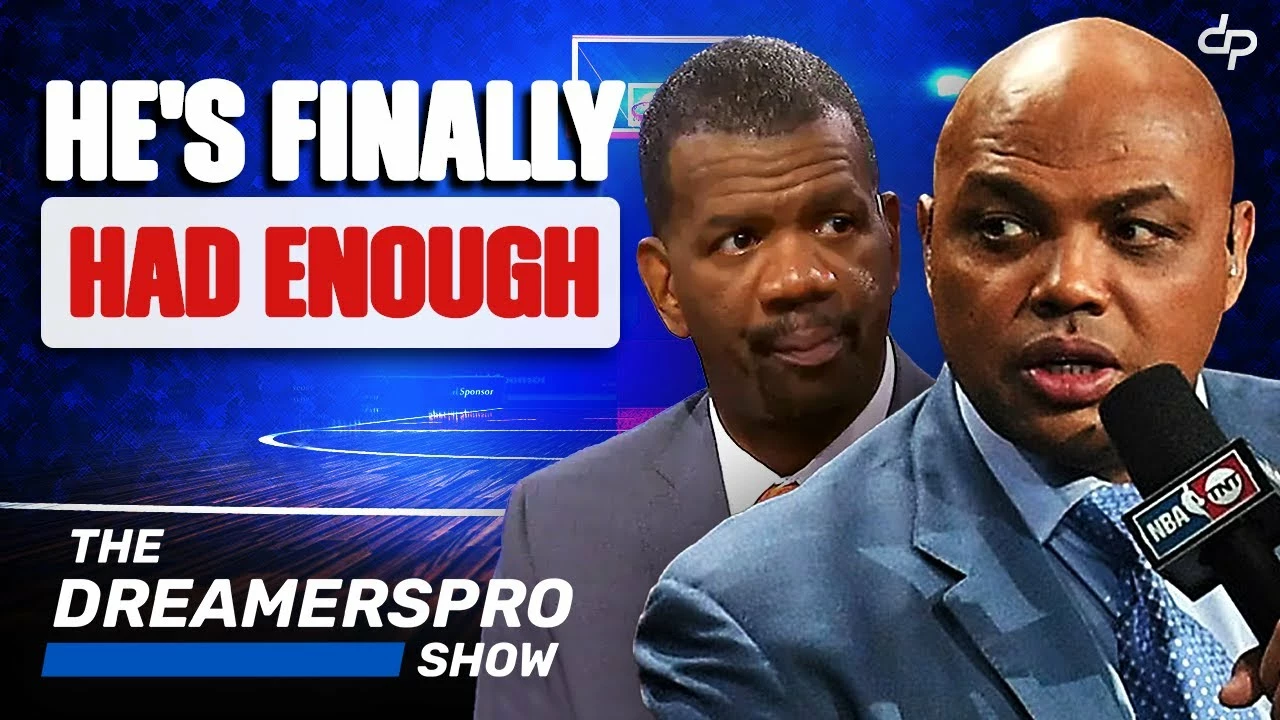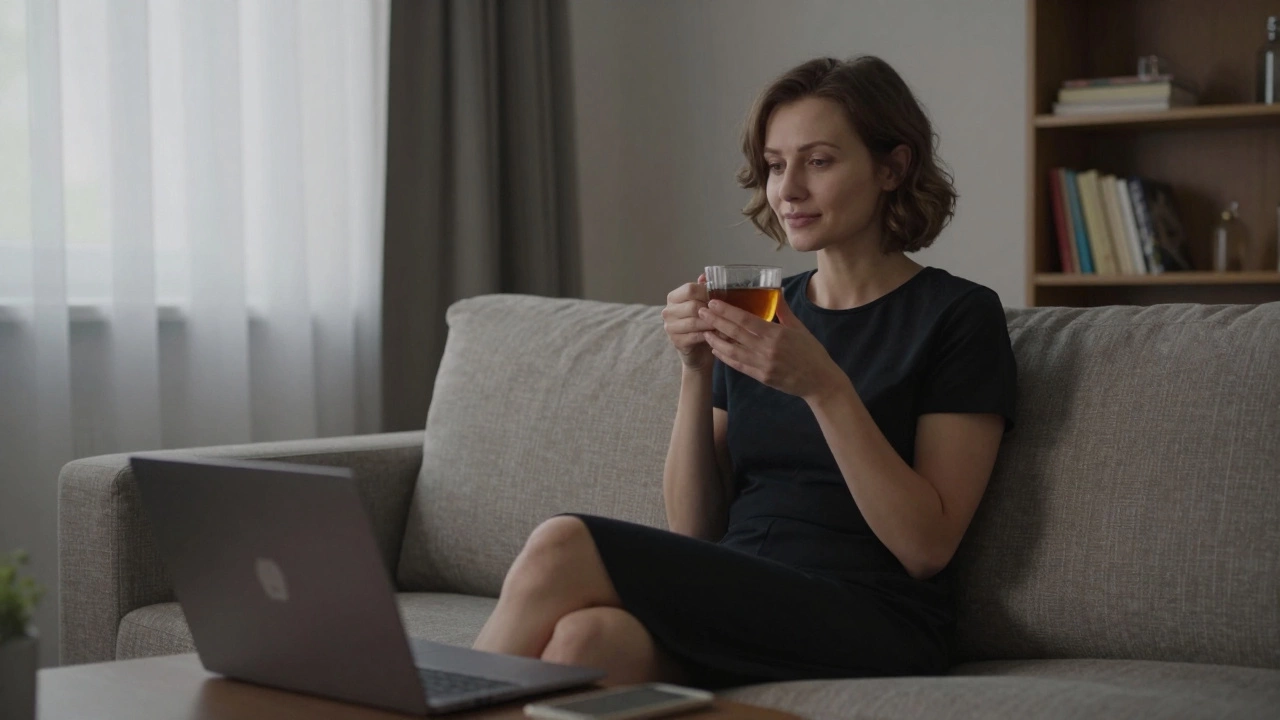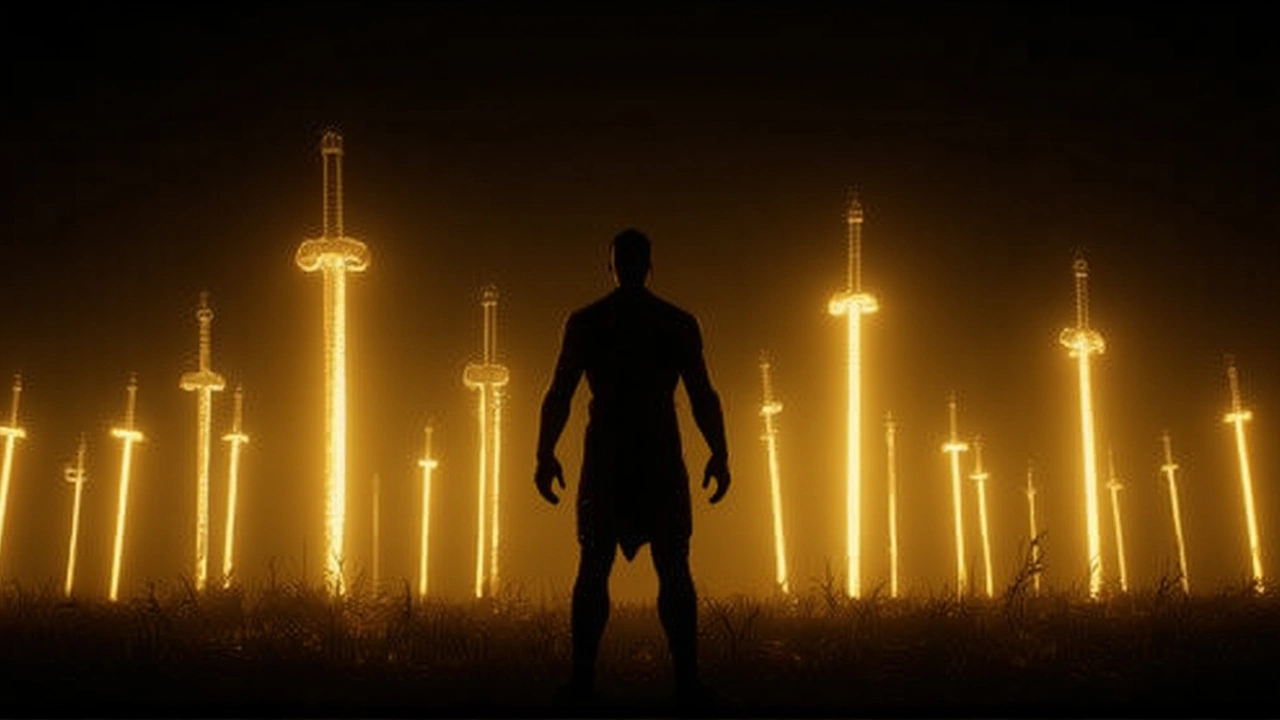Joey Barton ended his short-lived social media hiatus with a swing at Gary Lineker, blasting the BBC presenter for raising the role of race in how Marcus Rashford is covered by the press. The former Premier League midfielder resurfaced on Aug. 13, 2025, quote-tweeting a clip from Lineker’s interview with the Manchester United forward and branding the host with a crude insult. Within minutes, users piled in, calling out Barton’s U-turn from his recent pledge to quit social media.
Barton breaks silence after Online Safety Act exit
Earlier this month, Barton said he was leaving social platforms because of the UK’s Online Safety Act, telling followers it was “too dangerous” to stay and that only his podcast team would post on his feed. That lasted less than two weeks. After Lineker suggested Rashford gets a harsher ride than white players for similar off-field choices, Barton jumped back on and fired off: “What a s**t bag!”
The pushback was instant. Replies mocked the retreat from his “retirement,” with one user saying they thought he’d left the platform, another arguing Lineker had a point, and others accusing Barton of trying to pick a fight for attention. Whether he planned it or acted on impulse, the timing turned his return into part of the story.
There’s context to all this. Barton’s online behaviour has already cost him. He recently faced a brutal bill—more than £500,000 in legal fees—after losing a libel case to BBC presenter Jeremy Vine over false claims he posted in January 2024. That ruling didn’t just sting financially; it hardened the perception that Barton’s post-football brand is built on provocation and legal risk. He’s repeatedly gone after women’s football and media figures, drawing complaints, warnings, and widespread criticism.
Lineker, for his part, has long been a lightning rod. The former England striker is the BBC’s most high-profile sports presenter and a frequent target for those who think he’s too political. In 2023, he was taken off air briefly after criticising the government’s asylum policy—an episode that kicked off a messy, very public debate about impartiality at the BBC. He’s back leading Match of the Day, but everything he says gets scrutinised.
Race, criticism, and the media backdrop
So what exactly triggered Barton? In the sit-down, Lineker asked Rashford about the scrutiny around his clothes, his social life, and how often cameras follow him when he’s not playing. Lineker then said, “I don’t think that would be criticised if it was a white player,” pointing to double standards in the way headlines are written and judgments formed. It wasn’t a throwaway line. He was raising a touchy, well-documented point.
Rashford’s image is complex. He’s a homegrown star who led a successful national campaign to extend free school meal support during the pandemic—something the government reversed course on after his push. He’s also a player who has been picked apart for off-field choices, from fashion to nights out. After England’s Euro 2020 final, Rashford and two other Black teammates suffered a wave of racist abuse on social media when they missed penalties—a grim, widely condemned flashpoint that showed how quickly criticism can turn poisonous.
There is research that backs up Lineker’s broader claim about how players are described. A 2020 analysis by RunRepeat in partnership with the PFA found racial bias in live football commentary across Europe, with Black players more often praised for physical attributes and white players more often celebrated for intelligence or leadership. A 2022 report for the PFA by Signify used AI to examine abuse directed at Premier League players and found a heavy concentration of racist messages toward Black footballers on major platforms. These aren’t abstract debates; they’re patterns that show up in the data.
That said, the terrain is messy. Not every critical headline is racially motivated. Not every shrug toward celebrity culture is innocent. Fans, editors, pundits, and former pros see the same clip and draw different lines. Barton is insisting Lineker is playing politics. Lineker is arguing context matters—that a player like Rashford is judged in ways his white peers are not. The reaction online mirrored that divide.
Then there’s the law Barton says drove him offline—the Online Safety Act. The act gives Ofcom new powers over how big platforms handle illegal content, protect children, and crack down on abuse. It pushes sites to remove illegal posts quickly, demands better age checks for risky features, and can levy huge fines for non-compliance. Critics worry it could chill speech or force platforms to over-remove borderline content. Supporters say the status quo left victims to fend for themselves while hate spread unchecked.
Barton’s post suggests he thinks the act puts people like him at risk if they speak bluntly. But the irony is obvious: he didn’t get in trouble for speaking bluntly—he got in trouble for defamation. That’s already illegal and has been for a long time. The new law is more about platform duties than changing libel rules. Either way, it hasn’t dulled his appetite for confrontation.
For Rashford, the episode adds another layer to a season of close scrutiny. He’s 27 now, no longer the academy kid with a free hit. His goals and work rate get judged next to younger forwards in form, while his public profile keeps rising beyond football. That combination—celebrity visibility plus uneven team form—has always been catnip for the British tabloid cycle. The twist is how race shapes that attention and how often the conversation drags in pundits, politicians, and ex-pros who turn a sporting debate into a culture war.
For Lineker, the challenge is familiar: make a point about fairness without becoming the story. He knew the question would land. He asked it anyway. And for Barton, outrage is the point. He made a show of logging off, then came back the moment a red line he rejects was drawn. The result was predictable—thousands of quote-tweets, headlines, and a fresh reminder that social media doesn’t make people change; it amplifies who they already are.
What happens next is straightforward. Rashford’s form will set the tone. If he scores and shines, the noise fades. If he struggles, the microscope tightens. Meanwhile, the Online Safety Act’s rules will keep rolling out as Ofcom publishes codes of practice. Platforms will tweak their systems. And the sport will keep arguing with itself about where free speech ends and abuse begins, where honest analysis stops and bias takes over. Barton’s latest broadside didn’t solve any of that. It just showed how combustible the mix still is—and how fast one comment can light the fuse.
One last note on scale: this wasn’t a manufactured spat about nothing. It tapped into a decade of disputes over how Black players are portrayed in Britain’s biggest sport. The numbers are ugly, the anecdotes are endless, and the people involved—players, pundits, fans—are still finding the line between fair criticism and coded dog whistles. That’s the conversation Lineker pushed into the open. Barton’s insult didn’t make it go away. It made it louder.

